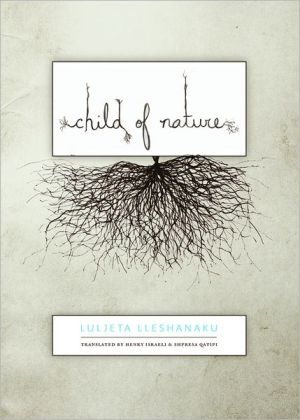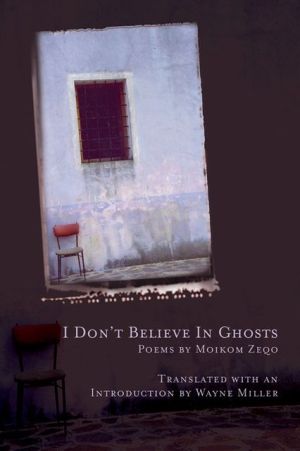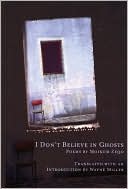Child of Nature
In my house praying was considered a weakness,\ like making love.\ And like making love\ it was followed by a long night\ of fear,\ so alone with the body.\ —Luljeta Lleshanaku\ Lleshanaku belongs to the first “post-totalitarian” generation of Albanian poets. Child of Nature is her second poetry collection in English. Here she turns to the fallout of her country’s past and its relation to herself and her family. Through intense, powerful lyrics, she explores how these histories intertwine and...
Search in google:
A fresh voice from the Balkans by an award winning poet from Albania, Lleshanaku’s Child of Nature explores her country’s past in intense and powerful lyrics.Publishers Weekly“Two people form a habit,” writes Lleshanaku; “Three people make a story”: this harshly memorable collection (her second in English translation) overflows with stories, incidents of suffering, worry, and hardship related in verse fragments, in mysterious details, in horrifying or revealing asides. Albania, Lleshanaku's native land, suffered through decades of poverty under a Stalinist dictatorship, then suffered again in the chaos and uneven development that came after 1989. Her tableaux of exhausted villagers, smuggled books, and constant frustration reflect her nation, caught between the Third World and the First: village eccentrics, exhausted mothers, and lost children stroll and scatter through her bedraggled gardens, looking up for airplanes overhead. The poems also reflect her self-critical, alert, and skeptical personality. “Monday feels like an odd shoe/ its other chewed by the dog tied at the gate,” one seven-part long poem begins; within her childhood memories, “Broken toys were my playthings.” In one of many poems about Albanian families trapped in collapsing small towns, a mountain in the distance offers eternal, impossible promises of better lives, while the citizens work themselves to death: “The electrocardiogram of sweat dried in the body/ spreads from shirt to shirt/ contagious as a flame.” (Feb.)
\ Publishers Weekly“Two people form a habit,” writes Lleshanaku; “Three people make a story”: this harshly memorable collection (her second in English translation) overflows with stories, incidents of suffering, worry, and hardship related in verse fragments, in mysterious details, in horrifying or revealing asides. Albania, Lleshanaku's native land, suffered through decades of poverty under a Stalinist dictatorship, then suffered again in the chaos and uneven development that came after 1989. Her tableaux of exhausted villagers, smuggled books, and constant frustration reflect her nation, caught between the Third World and the First: village eccentrics, exhausted mothers, and lost children stroll and scatter through her bedraggled gardens, looking up for airplanes overhead. The poems also reflect her self-critical, alert, and skeptical personality. “Monday feels like an odd shoe/ its other chewed by the dog tied at the gate,” one seven-part long poem begins; within her childhood memories, “Broken toys were my playthings.” In one of many poems about Albanian families trapped in collapsing small towns, a mountain in the distance offers eternal, impossible promises of better lives, while the citizens work themselves to death: “The electrocardiogram of sweat dried in the body/ spreads from shirt to shirt/ contagious as a flame.” (Feb.)\ \


